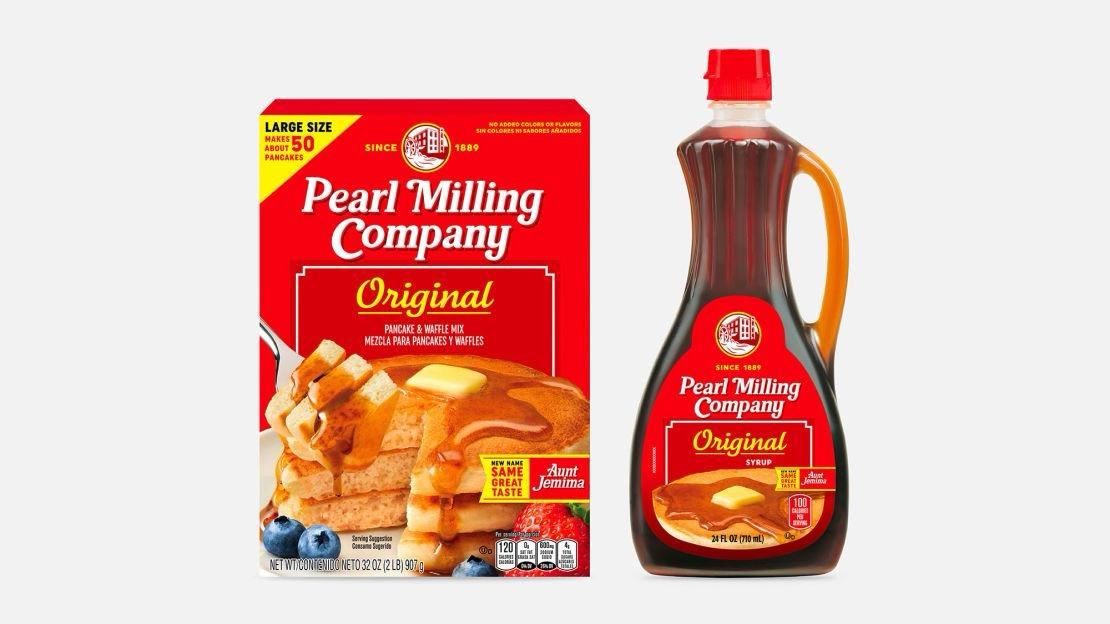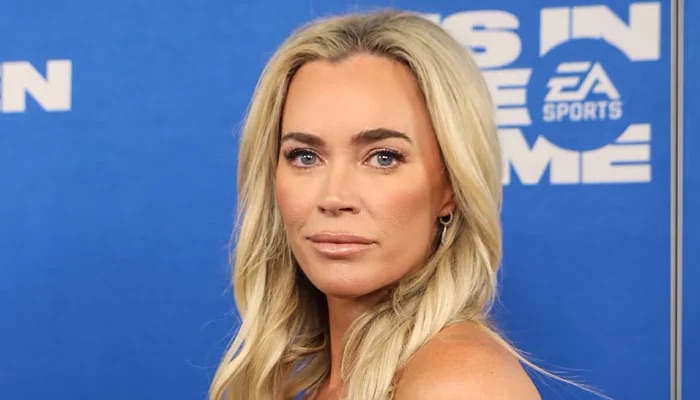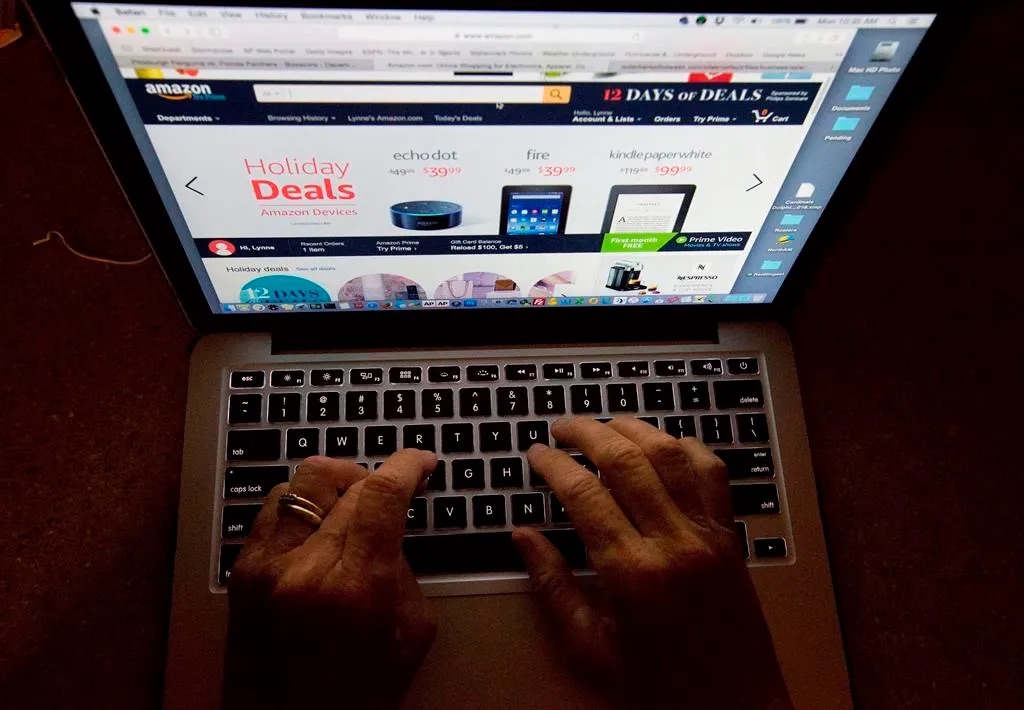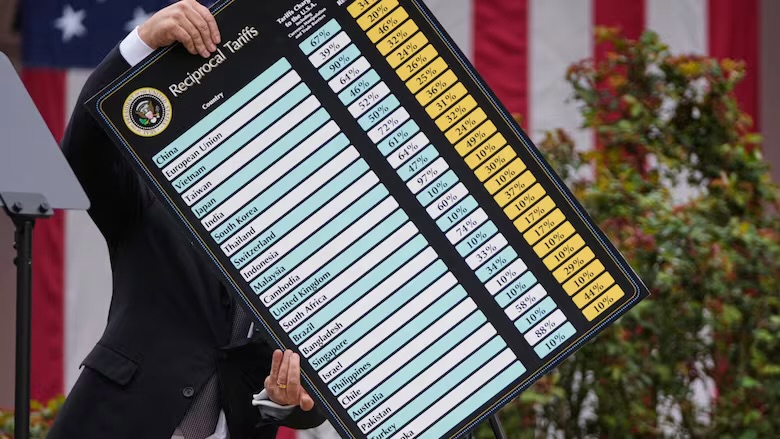In the swirling pot of American cultural history, few symbols have stirred as much conversation as the figure once known as Aunt Jemima. Once a familiar face on breakfast tables across the nation, she vanished in 2020 amidst a wave of reckoning with racial stereotypes. But now, whispers are emerging—could she be making a comeback? A series of new developments suggests that the legacy of Aunt Jemima is not done telling its story just yet. From curious social media murmurs to lawsuits and documentaries reopening old wounds, the storyline takes on the shape of a classic American saga: history, controversy, identity… and pancakes.
Back on the Bottle?
It was the morning of March 30, 2025, when social media suddenly lit up. An unverified post on X (formerly known as Twitter) claimed that Quaker Oats is planning to bring back the “Aunt Jemima” branding to syrup bottles. The post didn’t come with an official press release, but it set off a storm of speculation, reviving debates many thought had settled five years earlier. So far, the makers of the breakfast staple have yet to confirm or deny the rumor. Until then, the nation watches and wonders: is the return real, or just a digital-age myth?
Echoes of the Past
Whether or not she reappears on store shelves, the figure of Aunt Jemima continues to stir emotional and intellectual debate. At the core of this conversation lies a deep and often painful history. Originally born from minstrel shows and later used as product imagery in 1889, the character was rooted in the “mammy” archetype—a caricature that romanticized servitude and erased real Black voices. By 2020, social movements had pushed parent company Quaker Oats to retire the name and image, seeking a step forward in racial accountability.
And yet, in 2025, the story remains unresolved. A recent lawsuit related to the brand has surfaced, signaling that the legal shadows of Aunt Jemima’s legacy still linger. Details are scarce, but the appearance of litigation suggests that the brand’s transformation may not have addressed all wounds left behind.
Voices Reclaimed
Meanwhile, a new wave of storytelling seeks to add depth to the narrative. A documentary titled The Woman They Erased: The Untold Story of Aunt Jemima dives into the identities and lives of the Black women who once embodied the character. Through voiceovers, interviews, and archival footage, it attempts to reclaim voices previously lost beneath a smiling pancake logo. For many viewers, it’s not just a documentary—it’s an awakening.
A Nation Divided by Syrup
Public response to the possible rebranding has been as sticky as syrup on a Sunday morning plate. While some see the return as a nod to nostalgia or tradition, others warn that it risks reviving damaging stereotypes. Cultural critics emphasize that the symbolism of Aunt Jemima isn’t just about pancakes—it’s about power, representation, and the long road to equity. Voices from media outlets, including a March 31, 2025, deep-dive by TheGrio, argue that if the branding is indeed coming back, it must do so with transparency, sensitivity, and a commitment to doing justice to the history it evokes.
As America prepares another serving of this age-old debate, one thing is clear: the legacy of Aunt Jemima is not easily boxed, branded, or forgotten. This is more than syrup. It’s a story still being written.









